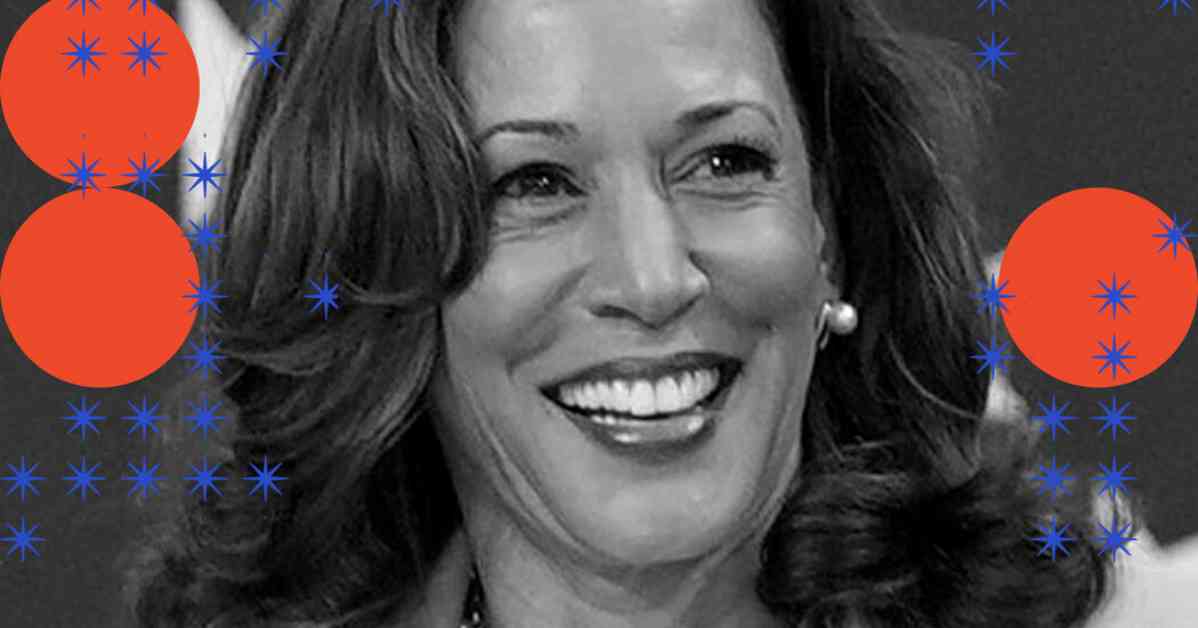After reviewing the article about the latest polls regarding Kamala Harris and Donald Trump, it’s clear that there is some controversy surrounding the results. Tim Saler, a data consultant for Trump’s campaign, has raised concerns about the methodology of the CBS News/YouGov poll, suggesting that certain factors were manipulated to show Harris ahead of Trump. He argues that without these manipulations, Trump would actually be leading in the polls.
Weighting a survey by factors like age, race, and party identification is a common practice among pollsters to ensure that the sample accurately represents the broader population. However, ideology is not typically held constant in polls, as it is considered to be more fluid than party identification. If a significant event, such as the introduction of a new presidential nominee, causes a shift in the attitudes of voters, it would not be unusual to see changes in the ideological breakdown of likely voters.
It’s important to note that while pollsters strive to accurately reflect the views of the electorate, there is always a margin of error and room for debate about the best methods for conducting surveys. The Trump campaign’s accusations of manipulation in the CBS News/YouGov poll highlight the ongoing challenges and controversies surrounding political polling.
As voters continue to process the matchup between Harris and Trump, it will be interesting to see how future polls reflect the shifting landscape of American politics. The role of ideology in shaping voter attitudes and behaviors will likely remain a topic of debate among pollsters and political analysts.
In conclusion, the controversy surrounding the latest polls underscores the complexities of measuring public opinion and predicting election outcomes. As we delve deeper into the upcoming presidential race, it will be crucial to consider a variety of factors and methodologies to gain a comprehensive understanding of the electorate’s views and preferences.














